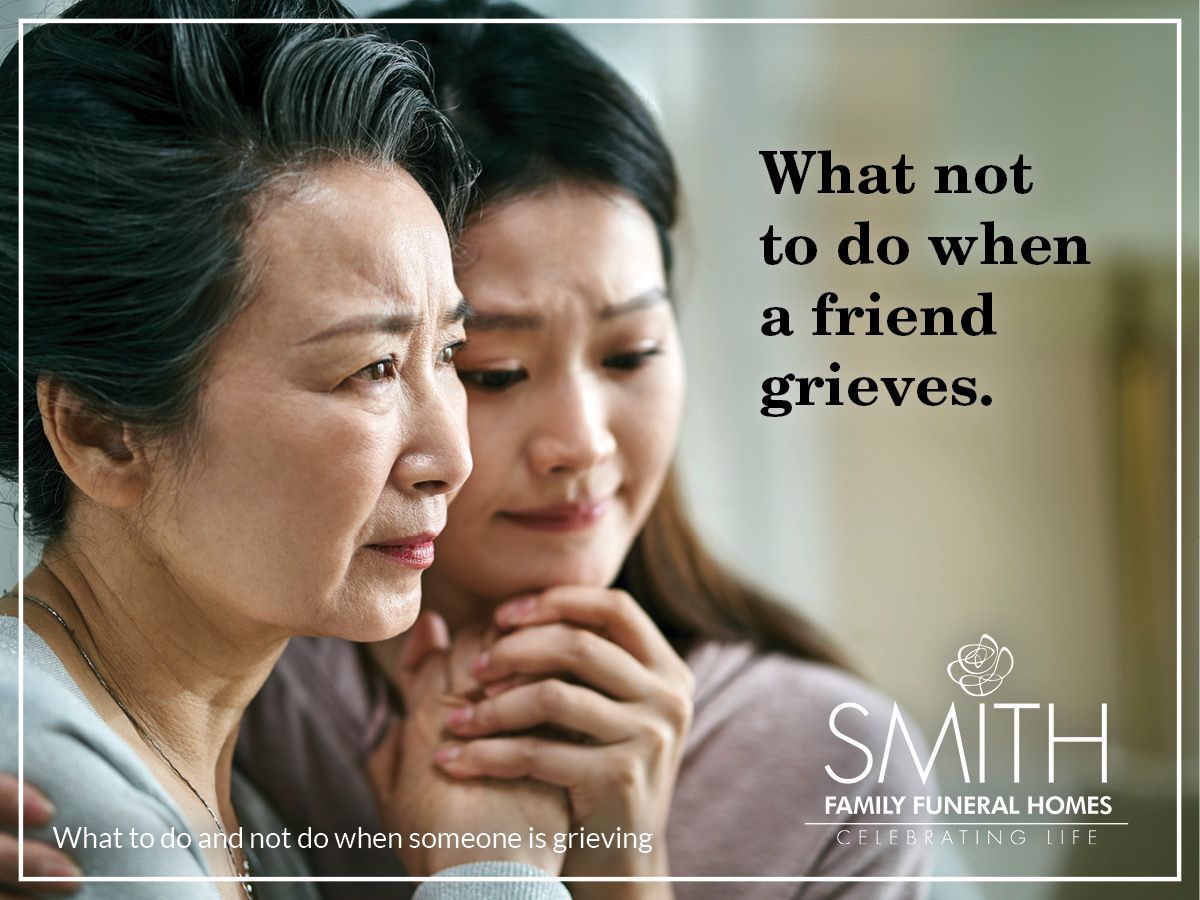
This is a subtitle for your new post
Whether your loved one’s death was expected or sudden, no loss is easy. From the moment your loved one passes, you may feel overwhelmed not only by emotion but also by everything that must be done to take care of them. What should you do right after a loved one passes? Here are your five first steps.
What to Do First When Someone Dies
1. Contact a funeral home.
If you know the funeral home that your loved one wanted to use, contact them for assistance as soon as you can. If not, check if they’ve declared any final wishes in their medical or legal documents. Your loved one may have preplanned their funeral and disposition with a funeral home, or they may have at least declared which funeral home they want to use and if they’d like to be buried or cremated.
If your loved one did not preplan, contact a local funeral home that you believe would be a good fit for your loved one’s care. You want to recruit the help of a funeral director soon after your loved one passes because they will be able to assist you through many of the first steps regarding your loved one’s after-life care.
2. Get a legal pronouncement of death.
When a loved one passes, one of the first things that you should do is get a legal pronouncement of death made by someone of authority. This person may be your loved one’s doctor or their hospice nurse. The individual will then fill out forms certifying the cause, time, and place of death. The reason why this action must be taken immediately after death is that you’ll need this legal pronouncement in order to receive a death certificate later on.
When someone is pronounced dead, they’re registered with the local or state vital records office. When you need a death certificate, you’ll have to contact those offices to get certified copies of a death certificate. Having several certified copies is essential, as you’ll need proof of your loved one’s death to handle many processes, including organizing their cremation or burial, filing a life insurance claim, and transferring their assets to a living individual. You may need 10 or more death certificates for all of the after-life processes, which means that if you do not get a legal pronouncement of death in a timely manner, you may find yourself being delayed from the next steps you need to take in caring for your loved one and their estate. A funeral director will be able to help you file the proper paperwork and ensure that you have all the documents you need.
3. Check if your loved one was an organ donor.
Organ donation is time-sensitive. Each organ that can potentially be donated only has a short window of time to be viable after death. The heart is only able to be donated for four to six hours after death, while the kidneys may be viable for up to 36 hours. It’s crucial to act quickly to make sure that your loved one’s organs can be used for life-saving procedures.
If you did not talk to your loved one about whether or not they were an organ donor, check their driver’s license. Their choice will be marked there. If they did not have a driver’s license, this decision may be indicated in their advance directive. Once you know that your loved one wanted to be an organ donor, alert the hospital staff. If your loved one passed at home, call a local hospital so that they can begin arranging transportation.
In most cases, if your loved one was not in a hospital when they died, organ donation will not be possible. Vital organs cannot survive very long once oxygen stops flowing through the body. However, tissue and eye donation may still be an option because they remain viable for several hours without oxygen. So, even if your loved one passed at home, it’s still worth calling the hospital and seeing if they can donate.
4. Begin contacting family and friends.
You should tell close family and friends that their loved one has died soon after the death occurs. Although it’s often recommended that you tell them in person, it’s likely that doing so will be exceedingly difficult, especially if those family and friends live in different places. So, most likely, you’ll be making several phone calls to break the news. There’s no easy way to say something so challenging, but it’s best to say it outright. Don’t talk about other matters before you tell them their loved one died, and don’t use euphemisms when you tell them the news. It’s best if there’s no question of what you’re trying to say to them.
Your loved one likely had many people who loved them too, which means that you may be making several phone calls. Losing a loved one may trigger feelings of shock in the days following the death, or you may immediately enter a state of grief. Either way, it’s essential that you don’t neglect taking care of yourself. Having to make so many difficult calls can be taxing, so recruit family and friends to help you make additional calls once they’ve been alerted to what’s happened. Your loved ones will understand that you need the assistance and want to support you, so don’t hesitate to ask. You should also ask someone nearby if they can help to quickly take care of your loved one’s dependents and property. If your loved one was caring for a person or a pet, arrange for their temporary care while you make a long-term plan for them. It’s also a good idea to ask someone to check on the loved one’s home to be sure it’s secured as it may sit vacant for some time.
5. Arrange your loved one’s transportation.
One of the final steps that must be done quickly after a loved one’s death is arranging their transportation. Transportation can be arranged with your loved one’s funeral home. They will take your loved one into their care and begin preparing them for their services and disposition.
Once you know your loved one is safe in the funeral home’s care, you can begin the process of planning for their funeral and final disposition. Beginning to arrange a funeral starts with contacting your funeral director and discussing your options. If your loved one preplanned their funeral, the funeral director will help you make those plans come to fruition. If not, they can guide you through arranging a funeral and disposition that’s right for your loved one.
Smith Family Funeral Homes provides quality funeral, memorial and cremation services to the families of Central Arkansas. Their six locations can be found in Little Rock, North Little Rock, Westbrook, Sherwood, Benton and Arkadelphia. With a privately-owned crematory operated by licensed professionals, Smith Family Funeral Homes can guarantee their high standard of care throughout the cremation process. To learn more, visit smithfamilycares.com.













